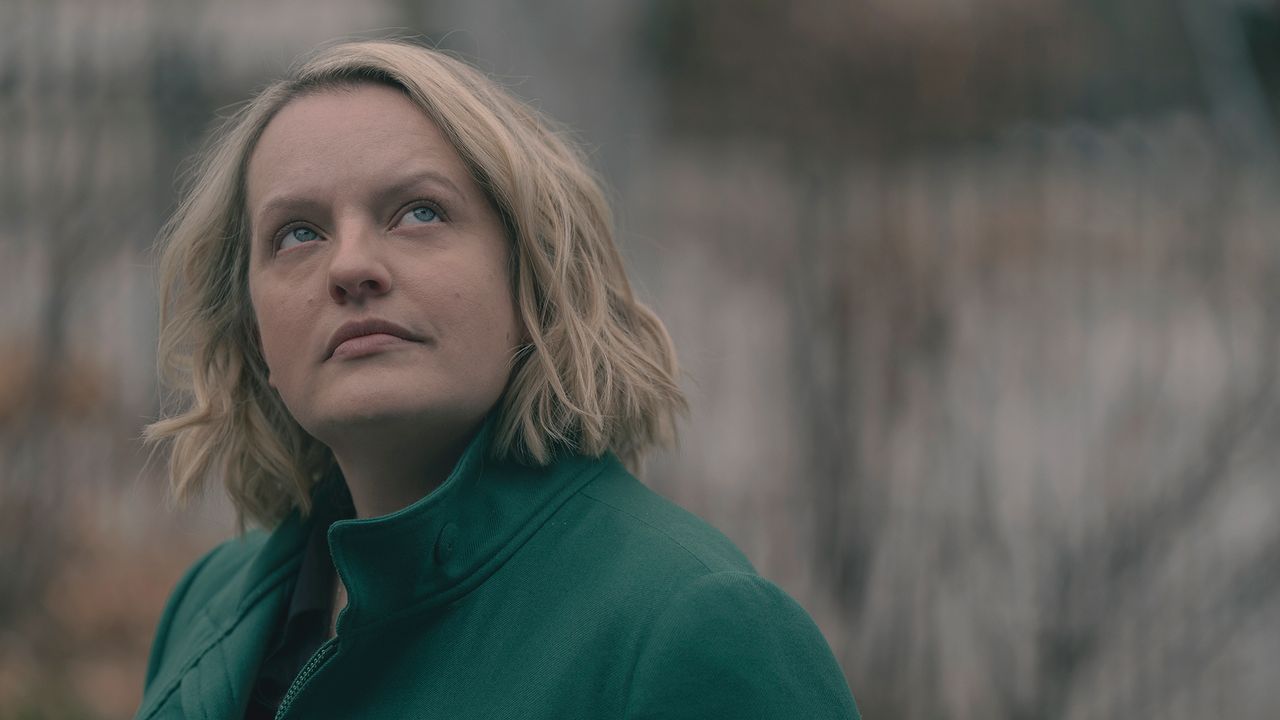It wasn’t my idea to have [Holly] come back, but there was a leaning into that, or an exploration of that story, that became very prominent. It was m
It wasn’t my idea to have [Holly] come back, but there was a leaning into that, or an exploration of that story, that became very prominent. It was my idea to make sure she came back [in person], because it was supposed to be a phone in episode 10 [where they reconnect].
For me, this season is about motherhood in all kinds of ways—the motherhood that Aunt Lydia gives to her girls, the generosity of arranging for Naomi to give Charlotte back to Janine. Naomi becomes a mother when she [does that]. There are so many different ways that you can be a parent, or a parental figure, or a mother figure.
It was an captivating choice to make Ann Dowd’s Aunt Lydia sympathetic in the end. Though I guess that was necessary, considering the storyline of The Testaments.
Yes. Margaret wrote The Testaments, and there were a couple of things in that sequel that we then have to follow. One of them is Hannah not getting out, and the other is this turn for Lydia. Now, I will say that Margaret wrote it after we started filming [the first season], and I know Lydia is very cruel, and there’s a lot not to forgive. But I do think there are elements of Ann’s performance in the beginning of this show that allows for the possibility of making that turn. Any good actor will deliver a multidimensional performance, and any good actor will make sure that you see both sides of something. Like Yvonne [Strahovski] has too.
And you’re working on The Testaments, yes?
Yes. I’m an executive producer—been producing it from the beginning. But a little thing called The Handmaid’s Tale got in the way.
Right. Not only did you produce this show and star in it, but you also directed the first two and the last two episodes of this season—all while being a modern mom. Why?
[Laughs] That’s a question from a modern mom, that’s for sure! Out of all of the interviews I’ve done for months and months and months now, you’re the first person to ask why. So I appreciate that. Thank you.
Going back [to work] at three months [postpartum] was not effortless. But how do I put this? There was no way I was going to stop any of those paths, really. And they all happened at the same time. This show isn’t a job for me—it’s been my life for the past nine years. I had this opportunity to direct, and be a massive part of it in a different way than producing or acting. Directing is just different than anything else. And I was lucky enough to be asked to do it. I knew I’d regret it if I said no.
Absolutely no part of me is going to say it was effortless, though of course I will also say I come from a very privileged position of having a lot of support—there are women who do a lot more with a lot less, and I am in awe of those women. But that said, it wasn’t a walk in the park. Part of my thought process was that in a way, it’s very meta of the show. And this final season is very meta, and the last episode is very meta. June has to make a choice to do something that she feels like is the best thing for her children. And in a diminutive way, I hope one day my daughter watches, and I hope that she’s proud [of me]. Like, “Look what my mom did when I was just a few months old.” I hope that it’s an example for her of the power of womanhood, and of being a working mom and how incredible that is. Looking back, I’m like, Wow, I can’t believe I did that. But I’m glad I did. I have no regrets.

COMMENTS